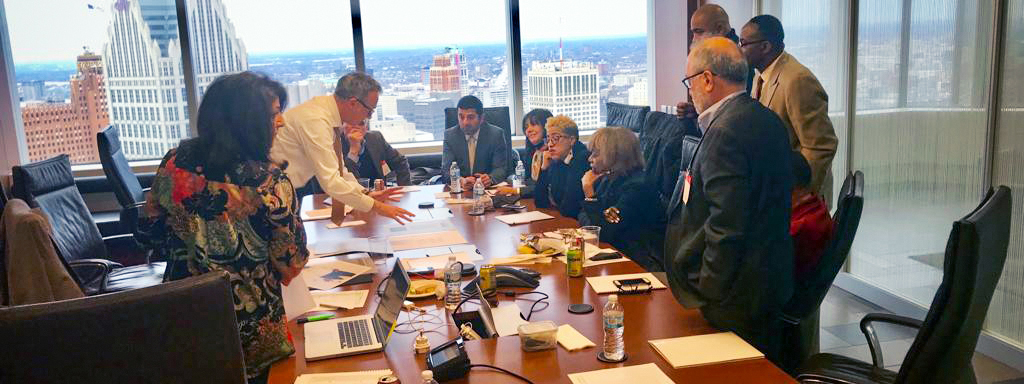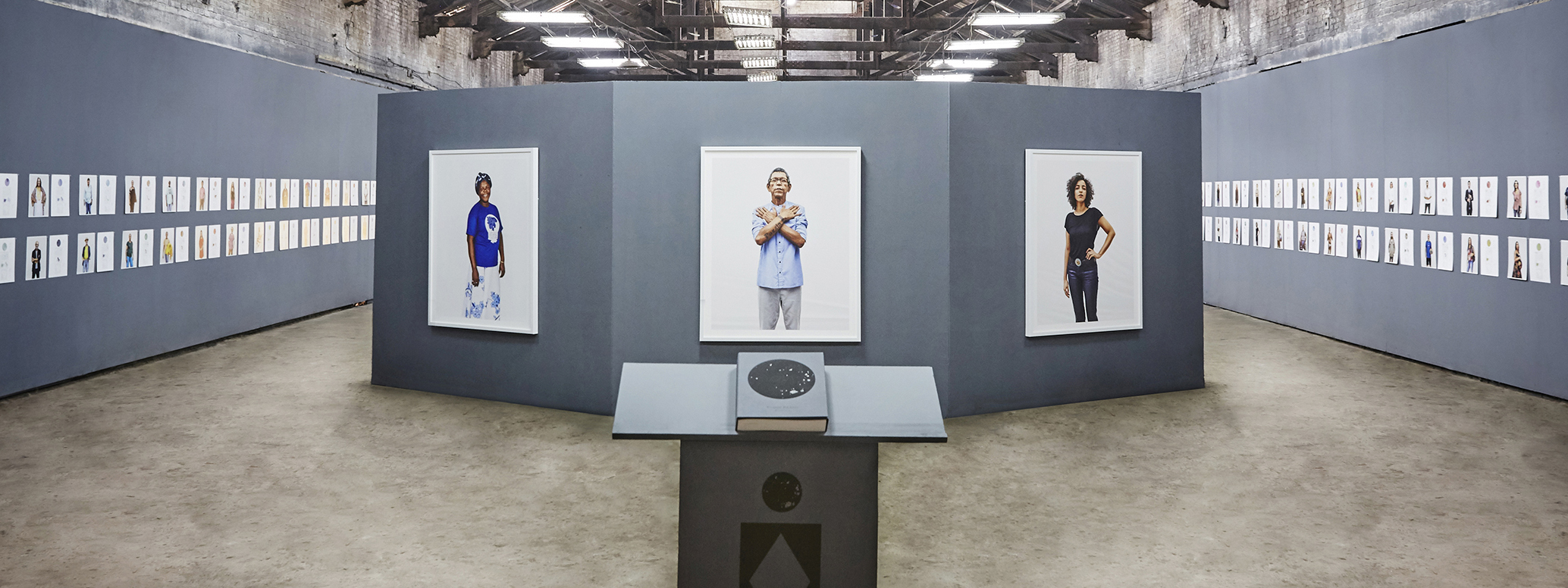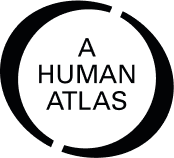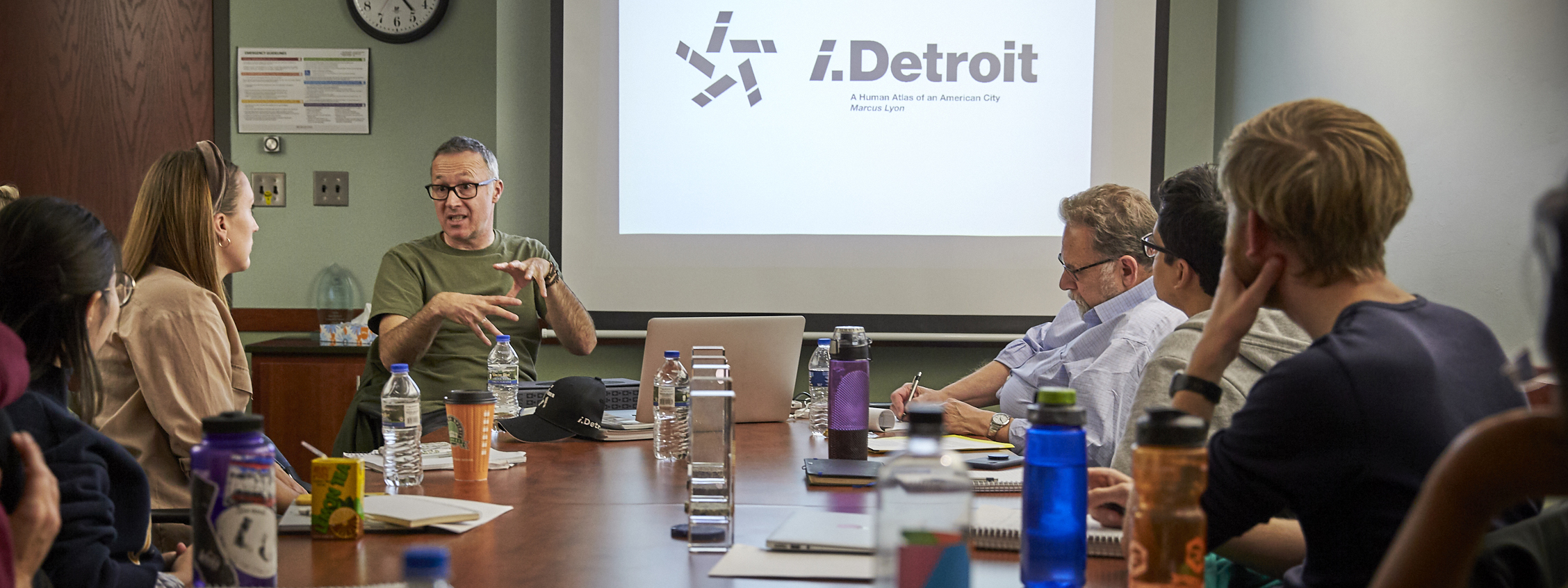About Human Atlas Projects
Alta is a Human Atlas project built at the intersection of art and science.
Human Atlas projects harness extensive anthropological research and DNA science with imagery and sound to draw a multi-layered map of a community of extraordinary individuals in a specified geography.
The projects are multi discipline social-impact initiatives developed by artist Marcus Lyon. Lyon and his team have already produced exhibitions, digital content and books on Brazil, Germany, Detroit and Silicon Valley.
The selected nominees’ extraordinary life stories, portraits and DNA maps will be brought together in book and exhibition form to engage the broadest of audiences to inspire a deeper understanding of the city, its people — past, present and future.
Part scientific research project, part art exploration a Human Atlas of LA will be a significant legacy piece that unlocks the depth of the city and conserves its heritage and human geography for future generations.
Every Atlas is built on an extensive nomination process, where a diverse, carefully curated and representative group of leaders from across the spectrum will nominate individuals from their communities and beyond who represent the very best of society, those who are championing and driving change in all its forms: from public servants to entrepreneurs, from non-profit leaders and activists, to artists and scientists.
The project will give voice to these remarkable individuals through photographic portraits, app-based oral-history sound tracks and ancestral DNA. This will create a deeper understanding of and connection to the individuals.
In turn the initiative will hold a mirror up to society and the audience’s roles and responsibilities to their communities, cities and fellow human beings.
Nomination

Every Atlas is built on a research based nomination process. Over the last six years this process has been honed to form a powerful platform on which the whole initiative is anchored.
The Nomination methodology endeavours to reach across all communities to make sure the final cohort of individuals featured is as diverse and representative as is humanly possible. This process takes from six to eight months.
Initially the production team builds a broad and truly diverse group of nominators based on a number of institutional partners who are genuine experts in their specified fields. Additionally a search begins to find individual nominators who are the unique voices who understand the true nature of the specific geographies and their complex ecosystems.
This carefully constructed list of upwards of 250 individuals and institutions are then invited to nominate inspiring people from their communities: individuals who are championing and driving social impact in all its forms: from public servants to entrepreneurs, from non-profit leaders and activists to artists and scientists.
Over a period of months, a long list forms and information is checked, and further research undertaken to verify the veracity of the data and build a resilient final list with a significant amount of detail on all the profiles of those nominated. All nominators are kept in touch throughout the whole process to help them understand the project and answer any questions. In reality this is a precious network that is being established. In turn they then champion it at launch, which gives considerable kudos and real expert validation just when the first audiences are activated.
Human Atlases are not based on an outsider’s misconceptions of a city and its people… they are built on the guidance of local experts and individuals who truly understand the space being mapped.
Community Engagement

The key intention of a Human Atlas is to provide a powerful bridge for a wider public to truly witness the remarkable individuals who make up our diverse communities.
The projects use traditional forms of dissemination such as books, exhibition and digital formats but underneath these processes is a multi-year community engagement process that builds a powerful cohort of nominators, nominees, supporters and partners that form a core group of upwards of 250+ people who have had a significant role in the work.
To date the Human Atlas projects in Brazil, Germany, Detroit and Silicon Valley have seen remarkable reach into the hidden corners of our communities. Through this network Marcus has been invited to give a TED talk, university lectures as well as school assemblies and community events.
Perhaps most importantly the projects have created a diverse web of connections bringing together a myriad of new relationships, binding different communities together to speak with common purpose.
Outreach
Human Atlases are an effective tool to engage and connect with hidden audiences and attract attention to the most pressing issues of our day: both telling and conserving the human geography of a time and place.
The combination of images, sound and DNA forms a highly engaging platform to bring a wealth of audiences, often untouched by the art world, to the heart of the projects.
The Atlases have been exhibited across the globe with significant shows in China (below), Australia, Brazil, Germany and the UK. These physical manifestations combined with the digital outreach and social media throughout the project’s creation have brought audiences to the stories of the individuals, cities, regions and countries featured. The team have shared behind-the-scenes insights, images and videos as the projects have developed, creating digital journals that speak to the depth and breadth of those featured.
ahumanatlas.com website is a platform that hosts all of the content from the Human Atlas projects. Creating a truly democratic space where all the key data can reside and be accessed globally by those featured, as well as the communities that they serve. Perhaps more importantly these key narratives can be witnessed beyond the geographical limits of the spaces studied and thus understood by a much wider audience of individuals, communities, institutions, educational and research establishments.
As interest in the work has grown exponentially in recent years the team has begun the long-term vision to develop partnerships with educational institutions to place the work in library archives and build resources and curriculum for schools and universities around identity, science and art.
The i.Detroit project became part of the curriculum for an Honors degree program at Detroit’s Wayne State University. In addition all of the sound elements to the i.Detroit project are now archived at the Detroit Historical Museum and the Michigan State University Libraries Special Collections.

“ The Human Atlas initiative fostered an opportunity for Detroit to share it’s own story in it’s own words and enabled a better understanding of our past, present, and future. Marcus and the team embraced the community and the community embraced them right back. It was an effort filled with empathy, compassion, and love. “
Mark Davidoff
President & CEO, The Fisher Group
#alta #ahumanatlas



